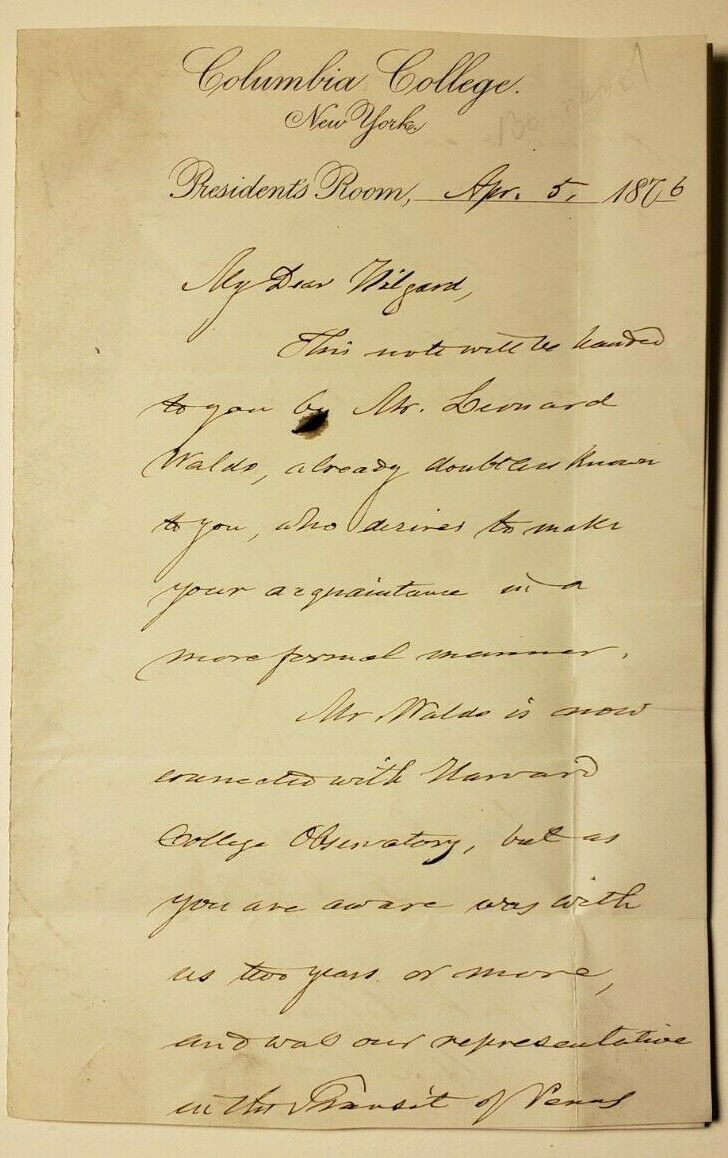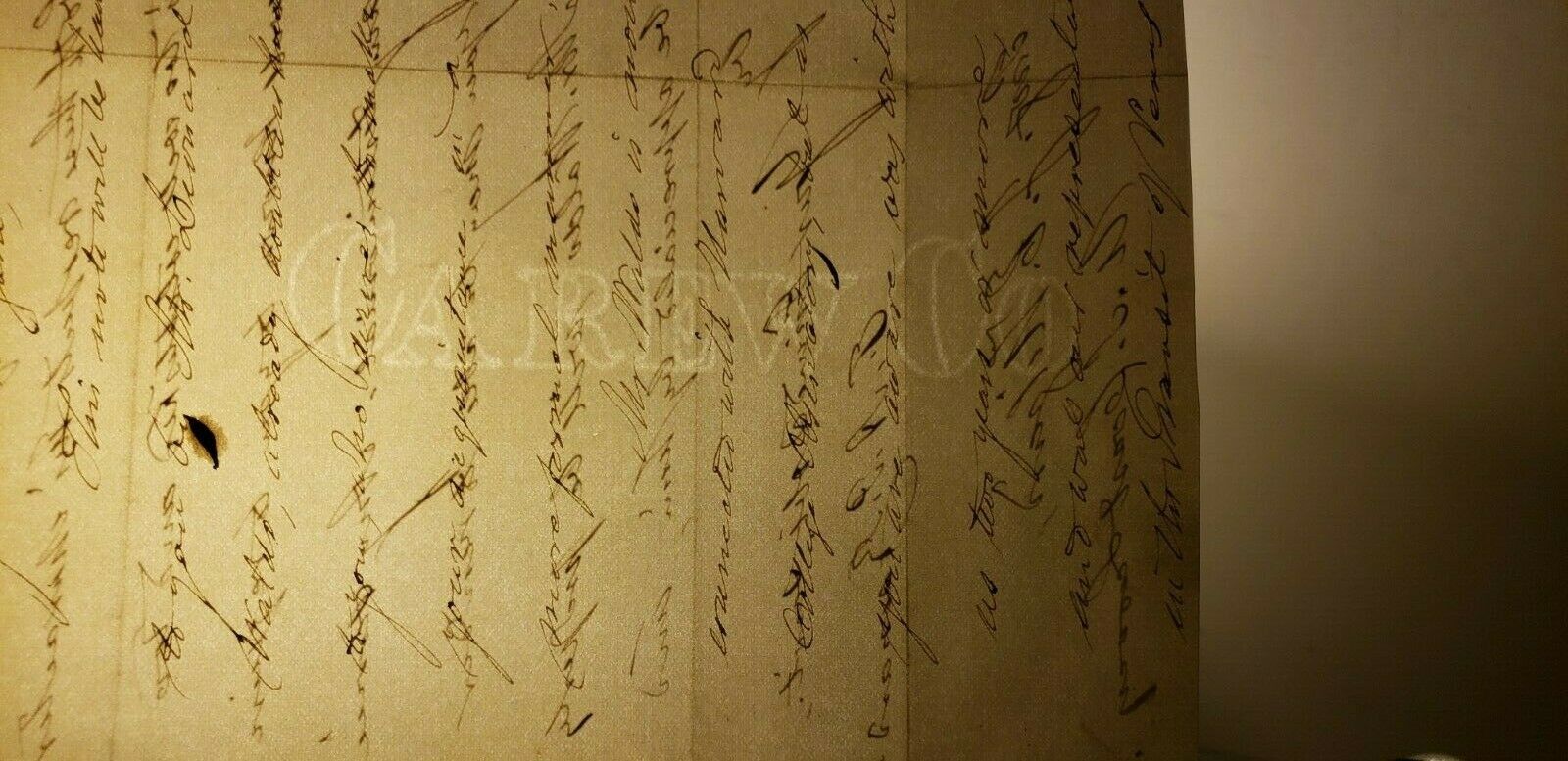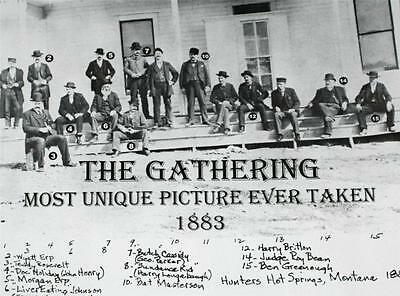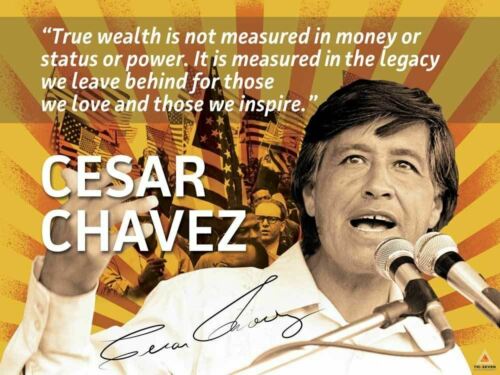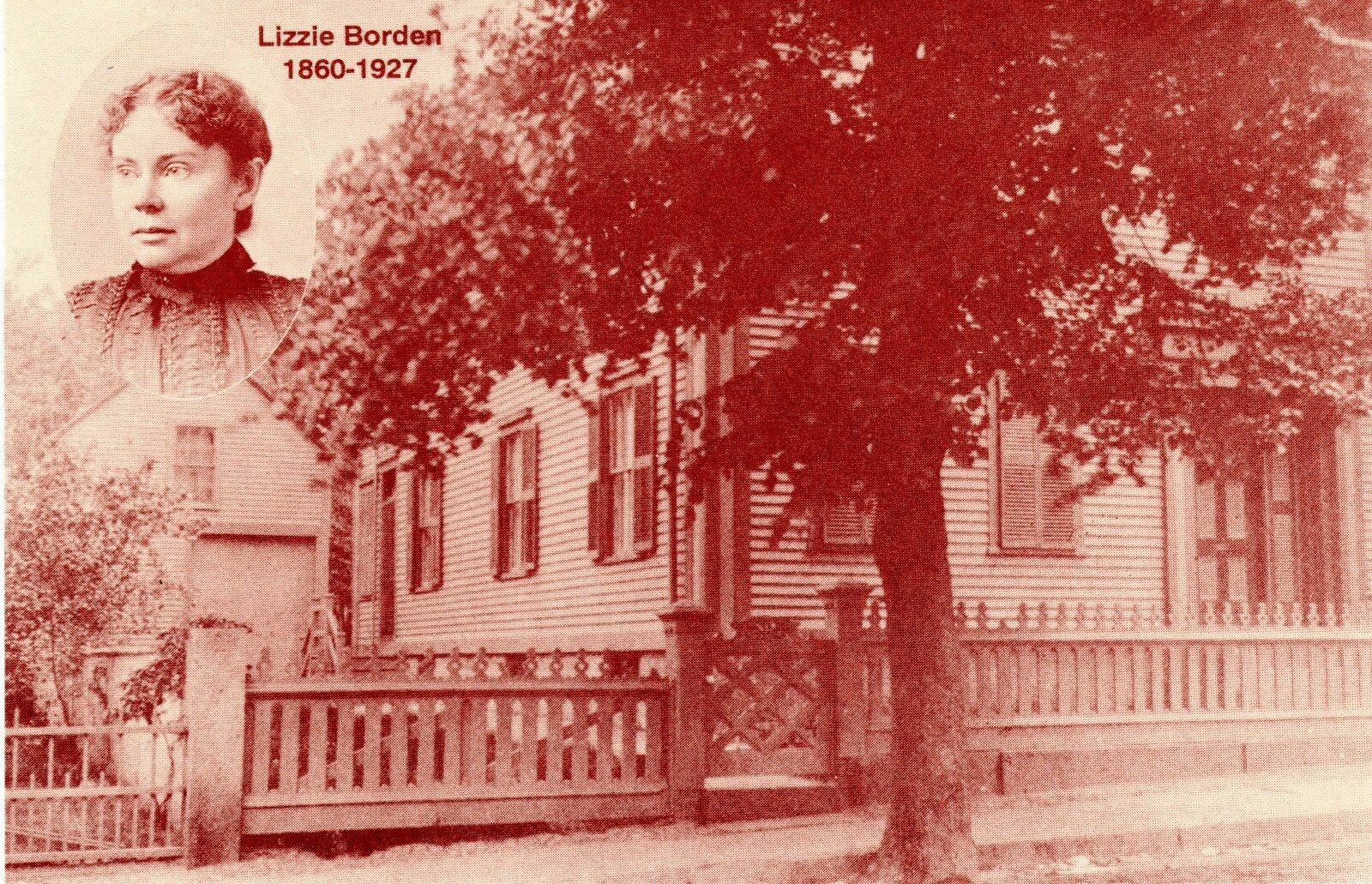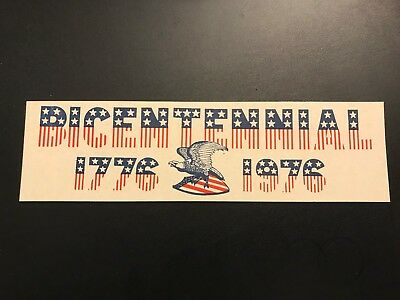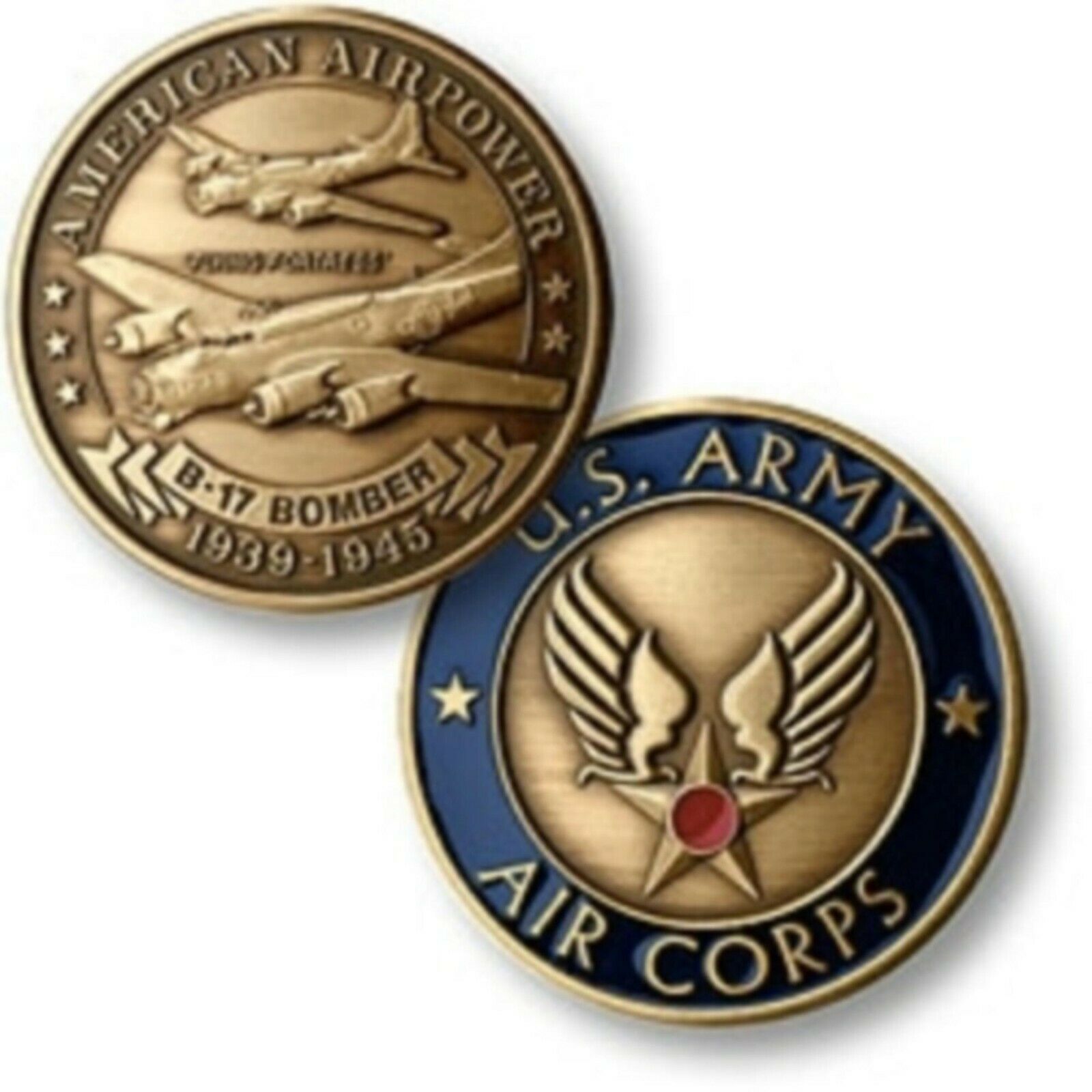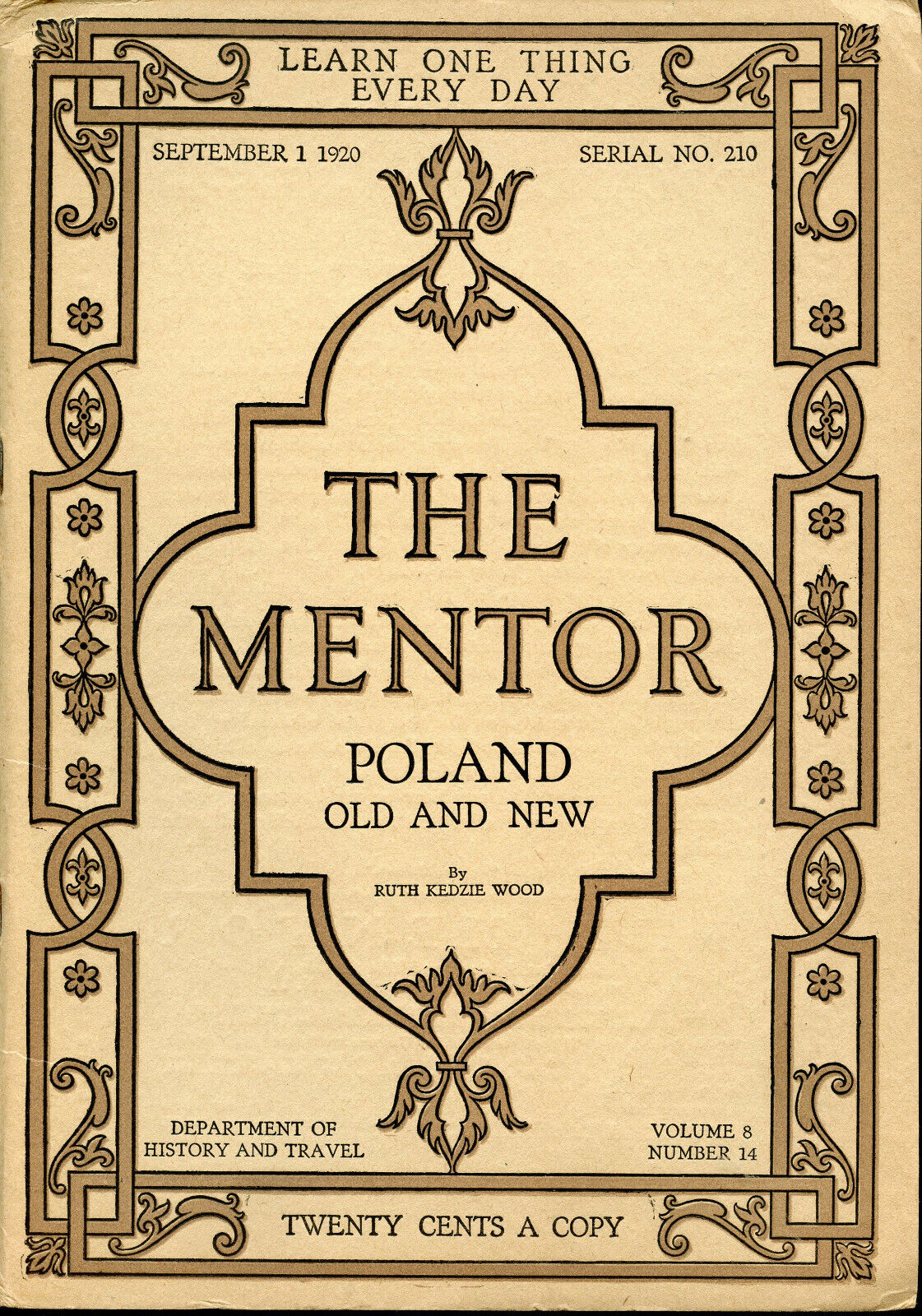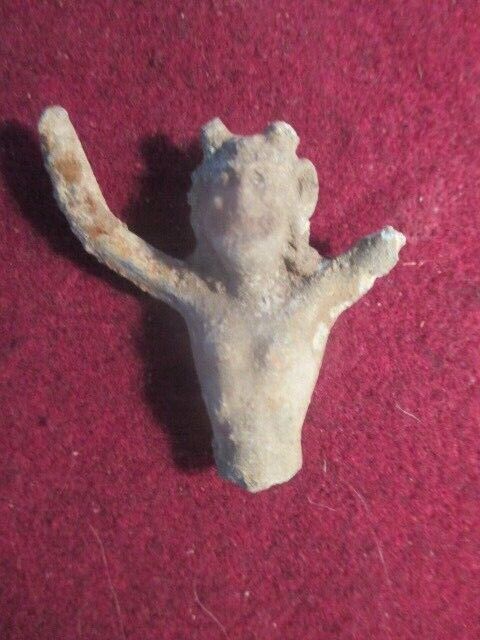-40%
1876 F.A.P. BARNARD TRANSIT OF VENUS LETTER TO HILGARD COLUMBIA US COAST SURVEY
$ 174.23
- Description
- Size Guide
Description
[HISTORICAL SCIENCE, US COAST SURVEY, 1874 TRANSIT OF VENUS]On offer here is an
ORIGINAL ALS FROM SCIENTIST & EDUCATOR F.A.P. BARNARD TO GERMAN ENGINEER JULIUS HILGARD AS A LETTER OF INTRODUCTION FOR A YOUNG SCIENTIST WHO WAS ON THE 1874 TRANSIT OF VENUS EXPEDITION.
The Barnard letter is written by him to remind Hilgard that a Mr. Waldo of 'Harvard College Observatory' was a representative of the 1874 Transit of Venus Expedition and he should need 'no testimonial' as to his character.
The letter is in excellent condition on Columbia University 'President's Room' stationery.
____________________
Frederick Augustus Porter Barnard (May 5, 1809 – April 27, 1889)
was a deaf American scientist and educator.
Early life
Frederick Augustus Porter Barnard was born in Sheffield, Massachusetts, on May 5, 1809. His brother, John G. Barnard was a career engineering officer in the U.S. Army, serving as the Superintendent of the United States Military Academy and then as a general in the Union Army during the American Civil War.
In 1828 he graduated, second on the honor list, at Yale University, where he was a member of the Linonian Society.
Career
Following his graduation from Yale, he then became a tutor there. As he began to lose his hearing due to a hereditary condition he became a teacher (1831–1832) in the American Asylum for the Deaf and Dumb at Hartford, Connecticut, and a teacher (1832–1838) in the New York Institute for the Instruction of the Deaf and Dumb.
From 1838 to 1848, he was professor of mathematics and natural philosophy, and from 1848 to 1854 was professor of chemistry and natural history in the University of Alabama,[2] also, filling the chair of English literature. In 1854 he was ordained as deacon in the Protestant Episcopal Church. In the same year he became professor of mathematics and natural philosophy in the University of Mississippi, of which institution he was chancellor from 1856 until the outbreak of the Civil War, when, his sympathies being with the North, he resigned and went to Washington. During his time at Ole Miss, Barnard was "tried" by the Board of Trustees for taking the testimony of a slave against a student who allegedly assaulted her.
In 1860, he was one of the party sent to Labrador to observe an eclipse of the sun; in 1862 he was at work on the reduction of Gilliss's observations of the stars of the southern hemisphere, and in 1863 he superintended the publication of maps and charts of the United States Coast Survey. He was elected an Associate Fellow of the American Academy of Arts and Sciences in 1860. He was president of the American Association for the Advancement of Science in 1866; a member of the board of experts of the American Bureau of Mines in 1865, and a member of the American Institute in 1872.
Columbia College
In 1864, he became the tenth president of Columbia College (now Columbia University) in New York City, which position he held until the year before his death, his service thus being longer than that of any of his predecessors. During this period the growth of the college was rapid; new departments were established; the elective system was greatly extended; more adequate provision was made for graduate study and original research, and the enrollment was increased from about 150 to more than 1000 students.
Barnard was a classical and English scholar, a mathematician, a physicist, a chemist, and a good public speaker. His annual reports to the Board of Trustees of Columbia included valuable discussions of educational problems.[citation needed]
Barnard and Arnold Henry Guyot were Editors-in-Chief of the 1876 Johnson's New Universal Cyclopaedia.
Barnard wrote Treatise on Arithmetic (1830); an Analytical Grammar with Symbolic Illustration (1836); Letters on Collegiate Government (1855); History of the United States Coast Survey (1857); Recent Progress in Science (1869); and The Metric System (1871).
He died in New York City on April 27, 1889. He left the bulk of his property to Columbia College.
Please email any questions -
